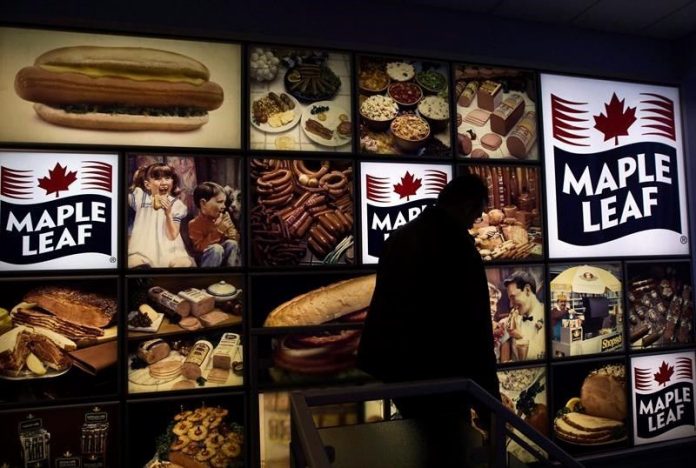
A karaoke bar in Quebec City, which has produced 40 cases among attendees, has now resulted in secondary infections among school students.
There are three cases that have been identified among students across three of the six schools in the city that are currently dealing with COVID-19. Those three patients are linked to the 40 cases that have been identified among patrons who visited Bar Kirouac for a karaoke night on Aug. 23, said Dr. Jacques Girard, who heads the Quebec City public health authority.
As a preventative measure, school administrators in Quebec City have sent home at least 100 classmates of infected children, according to The Globe and Mail.
Girard expects there to be more cases in the upcoming days, since some of the original 40 patrons visited at least six other bars in the city that same night. One of the patrongs “did the grand tour” and “went everywhere,” said Girard.
There are also reports that some of the patients visited other bars while waiting for their COVID-19 tests, after they were asked to self-isolate over the weekend, when cases first emerged. Some of those patrons later tested positive, but there are currently no other links to bars as of Wednesday.
“We now have evidence that those people who were COVID-positive, who maybe hadn’t had the results of their tests but who were contagious, went to other places,” said Girard. “It’s there when our alarm signal went off.”
Girard is now asking anyone who’s been to a bar in Quebec City over this past week to get tested for COVID-19. Bar Kirouac has closed its venue till Sept. 9.
Christian Dubé, Quebec’s health minister, singled out Bar Kirouac on Tuesday, when noting that he was looking into fines for customers and staff after social media videos showed patrons in close contact and sharing microphones.
According to The Globe and Mail, who spoke with Bar Kirouac owner Lucien Simard, there were approximately 35-40 patrons and one staff member at the venue on Aug. 23. The establishment has a 100-person capacity.
“The rate of attack, the proportion of positives is significant,” said Dr. Girard, noting that the situation in the venue was an “explosive cocktail.”
The province previously dealt with outbreaks in relation to bars in July, which prompted health officials to insert new rules, such as not permitting dancing. However, karaoke and singing is still allowed, but Quebec’s director of public health Horacio Arruda said the province is now considering a karaoke bar.
Arruda and Girard have both described it as a dangerous activity, since “people get excited, swap microphones, start singing with their friends who want to help them out. Next thing, the droplets are in the air and you are contaminated.”
Schools around the province have also been dealing with cases of COVID-19 ever since the province reopened institutions Aug. 27. No official provincial data has been released as of Wednesday as to how many cases there are among children and staff.































